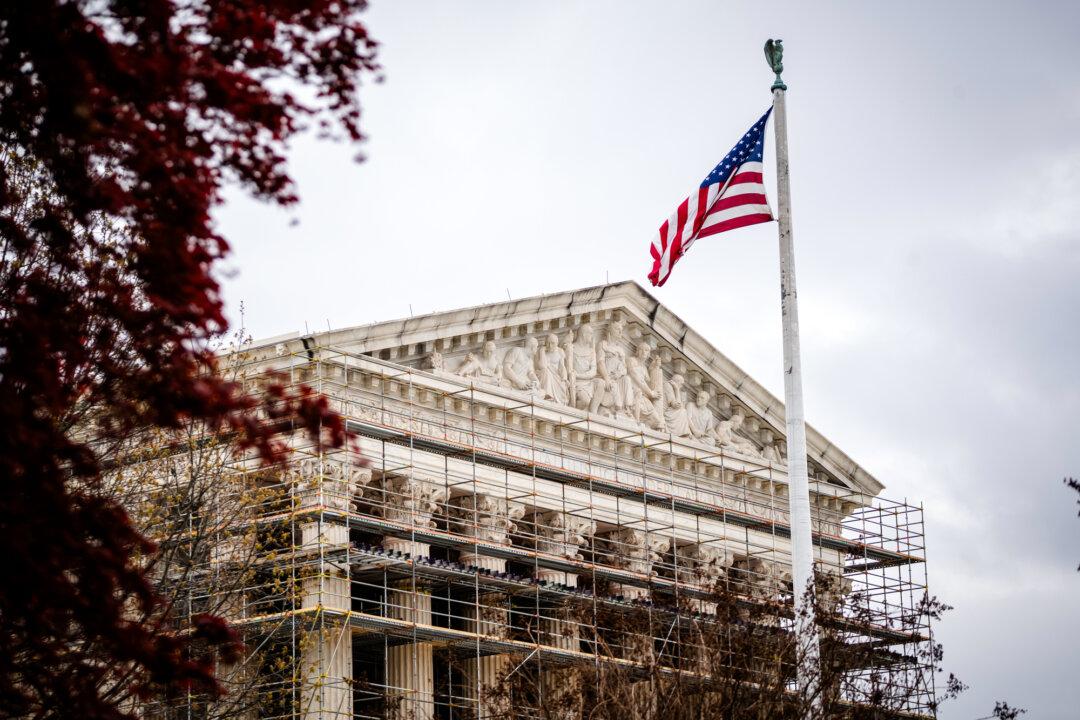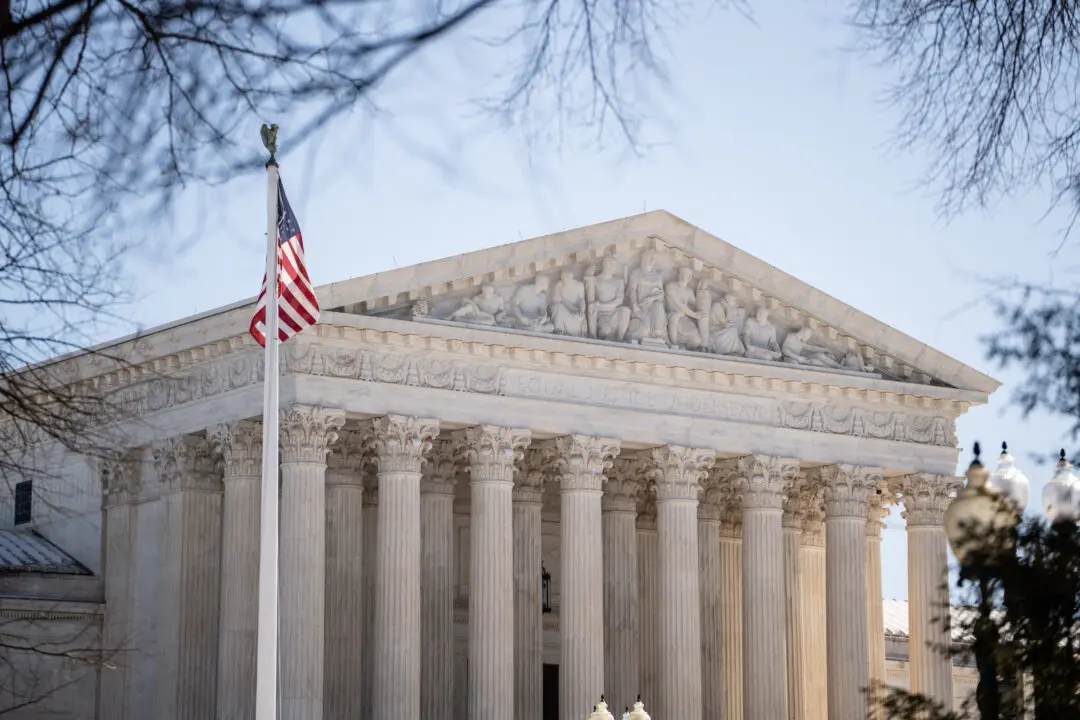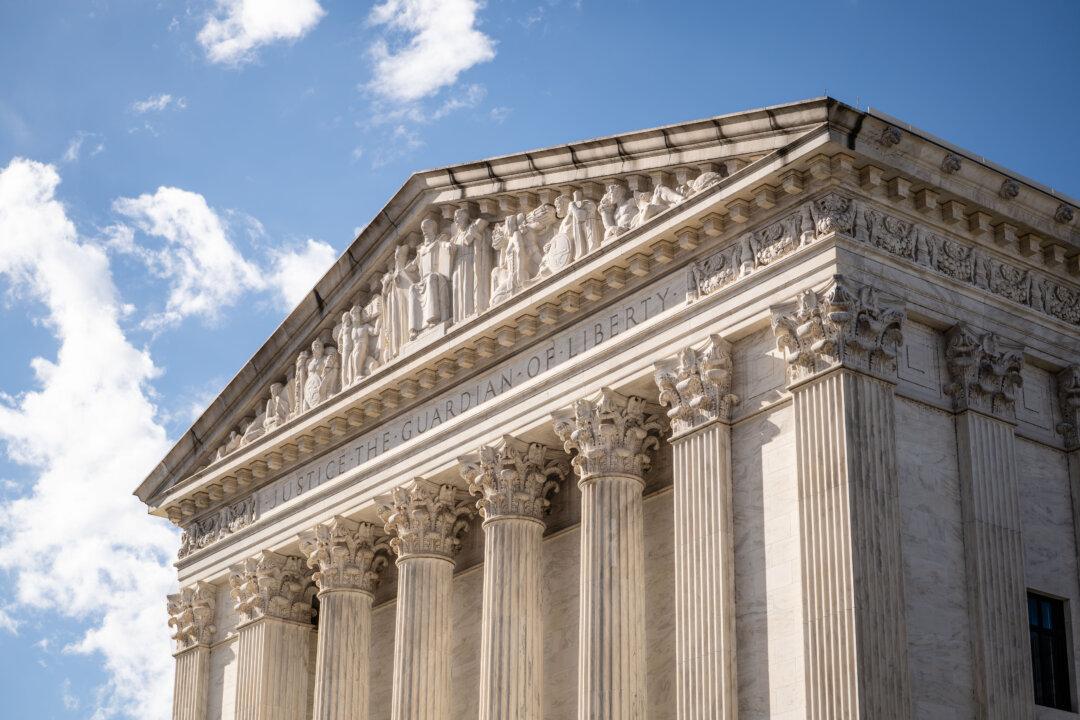The Supreme Court has granted President Donald Trump’s request to remove legal protections for Venezuelan nationals, opening them up to potential deportation.
The decision came in a brief order on May 19. It noted that the order was “without prejudice” toward a challenge to the policy implemented by Homeland Security Secretary Kristi Noem.





